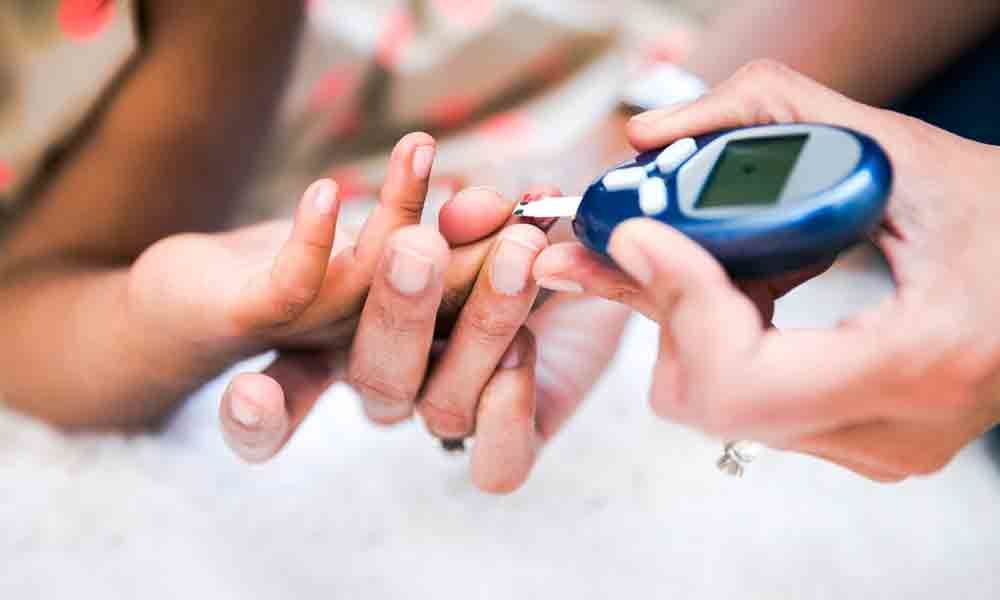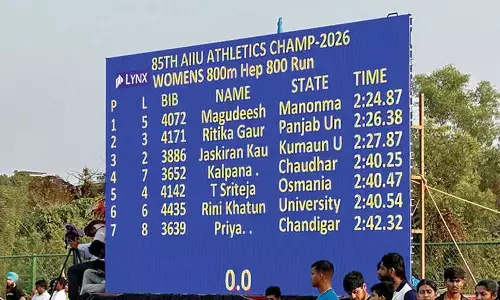Type 1 diabetes on the rise in twin cities
• Annually 50-60 children are being diagnosed type 1 diabetes, which is commonly referred to as juvenile diabetes.
• Reasons for this are imbalanced diet, pressure from studies, not opting for outdoor games, addiction to electronic gadgets and from hereditary.
Hyderabad: There has been an alarming rise in type 1 diabetes cases in children in the city hospitals and diabetes clinics from the last two years. Annually 50-60 children are being diagnosed type 1 diabetes which is commonly referred as juvenile diabetes. Reason for this is due to an imbalanced diet, pressure in studies, not opting for outdoor games, addiction to electronic gadgets and also from hereditary.
Type 1 diabetes can be confined at any age, but it most commonly found in 3-4 years of age but is sometimes detected at 13-14 years because of the lack of awareness and misconception towards the disease. Type 1 diabetes should not be confused with other types of diabetes, it is a totally different disease with catastrophic complications like Hypoglycemia, and many more complications, says Dr Sainath Yadav, Pediatrician, Niloufer Hospital.
Juvenile diabetes is also a socio-economic problem because of the financial implications involved. This ailment needs a lot of understanding, by parents because children need support and care to tackle this disease, says Dr G Girisesh, Endocrinologist and Diabetes Specialist, Aditya Hospital, Uppal.
He further said that detecting type 1 diabetes early is very important, without insulin treatment, a type 1 diabetic child could develop life-threatening ketoacidosis, a condition in which acids called ketones to build up in the blood and urine and in that case immediately patient should be admitted to the hospital. Possible symptoms include dehydration, difficulty in breathing, vomiting, and loss of consciousness.
The care of a diabetic child should be a team effort, led by the pediatric endocrinologist, along with guardians. The challenge with juvenile diabetes is that the children are dependent on insulin throughout their lives.
What is type 1 diabetes?
Type 1 diabetes, once known as juvenile diabetes or insulin-dependent diabetes, is a chronic condition in which the pancreas produces little insulin or nil
Symptoms
Increased thirst and frequent urination
Extreme hunger
Weight loss
Fatigue
Irritability or behaviour changes
Fruity-smelling breath
Blurred vision
Yeast infection
Nutrition for type 1 diabetes
1,800 kilocalories per day
Over the course of a day, the child should get about 10%-20% of calories from protein, 25%-30% calories from healthy fats, and about 50%-60% from carbohydrates



















